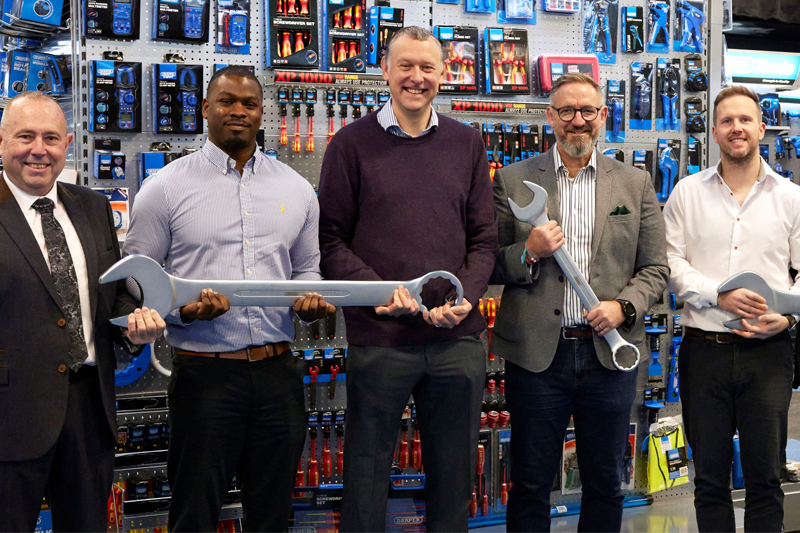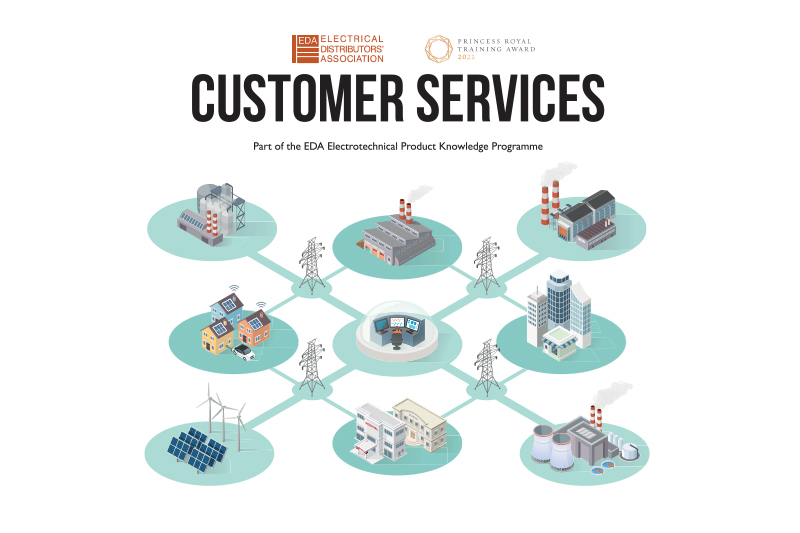Ruth Williams met with Trades Coach, Alison Warner, to get her advice on how to understand your business and help it grow and reach its potential.
What is your background in business?
I set up Evolve and Grow 10 years ago and at the time, was working with my network – which were large organisations generally in retail and hospitality. Then I joined an organisation called Business Networking International in 2010 and four years later I got my first trade business – an air conditioning company. Demonstrating the power of referral business, they passed my details on to an electrical company and a painting and decorating company.
Tell us about your book – Build and Grow: How to go from Tradesperson to Managing Director in the Construction and Trade Industries.
I have always wanted to write a book. At the time, my challenge wasn’t too dissimilar to that of my clients – I was at capacity. I was getting more business and struggling to fit it in. I realised I could train other coaches to do what I was doing but that required me getting out of my own head and implementing a system to train others – this is how I created the BUILD system.
For some people, reading a book isn’t enough and they’ll want to talk it through. Often, people want a sounding board. It can be quite lonely being self-employed or running a business on your own and what can happen is they go home and offload to their partners and then it causes problems in their home life. Having someone impartial to communicate with – the book can’t replace that experience. Some customers have said to me: it’s like therapy – it provides an outlet.
What is a common mistake that most businesses make?
Generally, marketing was not the issue for the businesses I have worked with. It was either they didn’t have the right people in place, didn’t have visibility or an understanding of their numbers or didn’t have the right system in place. So it tends to fall down to finance and systems or people or both. Situations would occur for example, where a tradesperson is called out and does a quote, but it’s a long time until the customer receives that quote – in this instance, they are not making the most of the business that is coming their way because they are in a state of overwhelm.
Another problem is people try to sit in too many seats. In any business, you’ll have four key aspects: sales and marketing, operations, people and the infrastructure. Usually, when people start out, we know it’s around £85,000 turnover, it becomes very hard to grow it beyond that if you’re trying to sit in all of those areas. You are going to have to let go of something so you can focus on what you love doing and scaling it. Usually, it comes back to money –clients tell themselves they can’t afford the resources. They can’t afford it, not because of a lack of sales, but because they don’t have a fluent system. I see a bottleneck, lots of quotes sitting on a desk that aren’t being sent out to customers or booked in. Additionally, I see a lot of money being owed because nobody is chasing it and there is no process in place if a customer doesn’t pay.
A common problem discussed in a Tradestalk Twitter chat is optimising Social Media to enhance business opportunities, but struggling to switch off without potentially losing business. Do you have any advice on this?
One solution to this would be to outsource it. You can do it cheaply and then you have someone doing that monitoring that is an expert in that field. Additionally, it means you don’t have to learn it yourself. You can focus on areas of your strength to bring in more money. You’ve got the flexibility with hiring somebody freelance without creating the headache of having to add them to the payroll and having that extra overhead.
What’s your key piece of advice for small businesses/ the electrical sector?
For example, materials as a percentage of sales are very telling. Usually, although this may vary slightly depending on the trade, it should be ballpark figure 35-40% materials, labour 25-30%, overheads 10-15%. If their materials are higher than this it may be that the business owner isn’t charging enough, there is wastage in the business or there could be theft.
It is knowing your numbers, knowing your strengths and having a process in place to recruit and manage the business.





